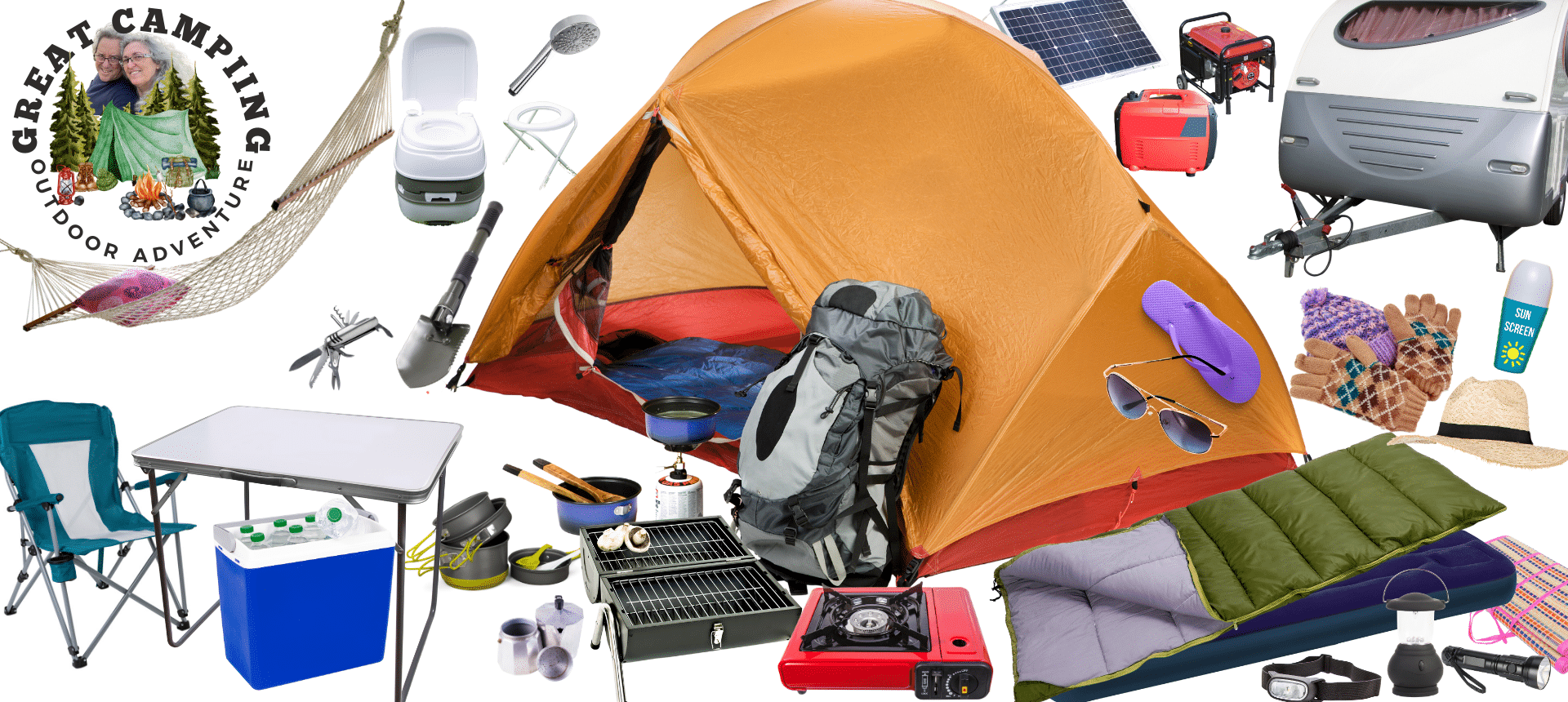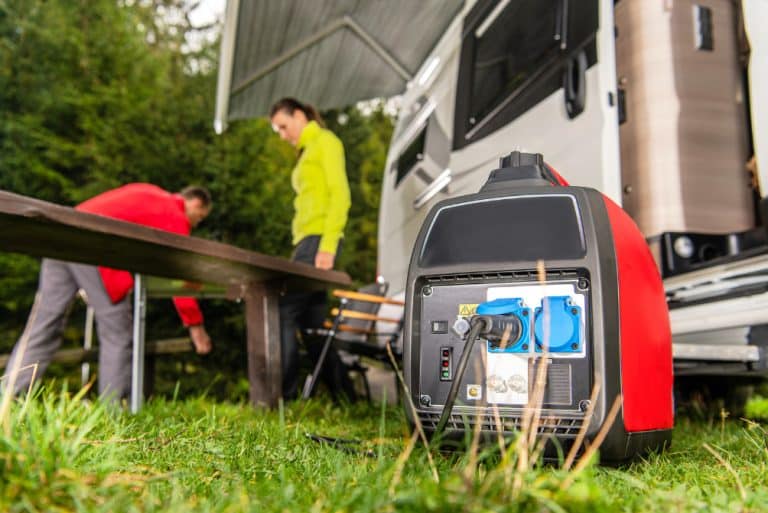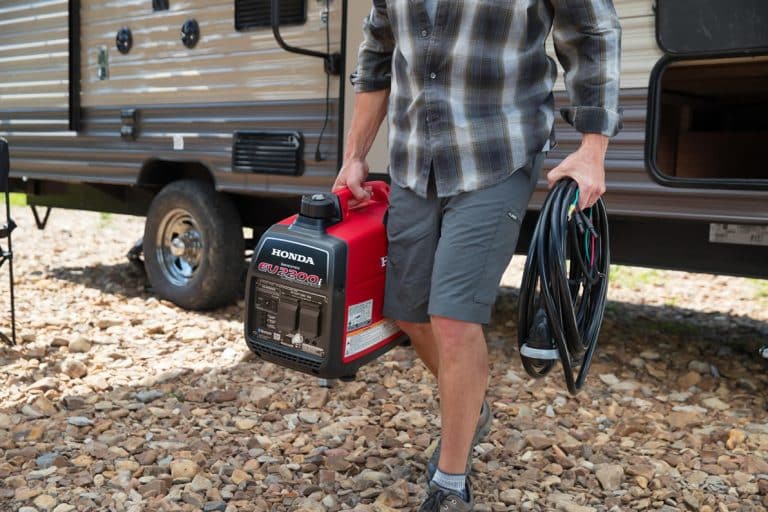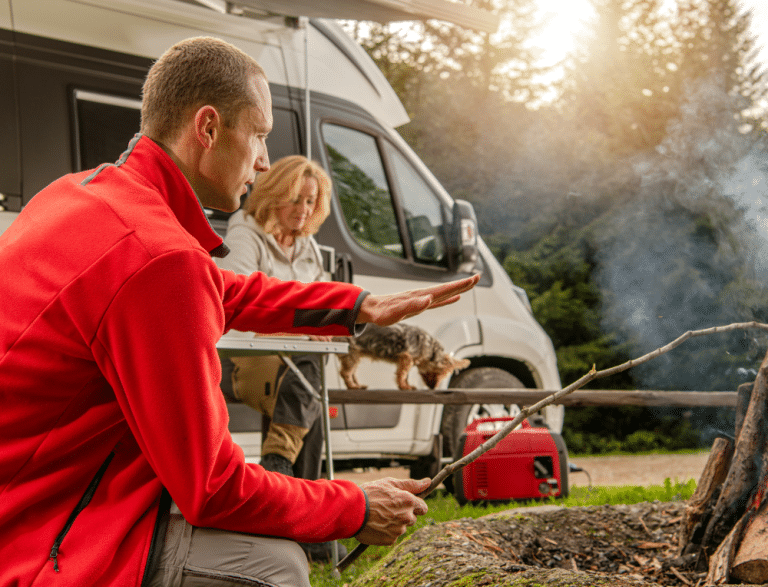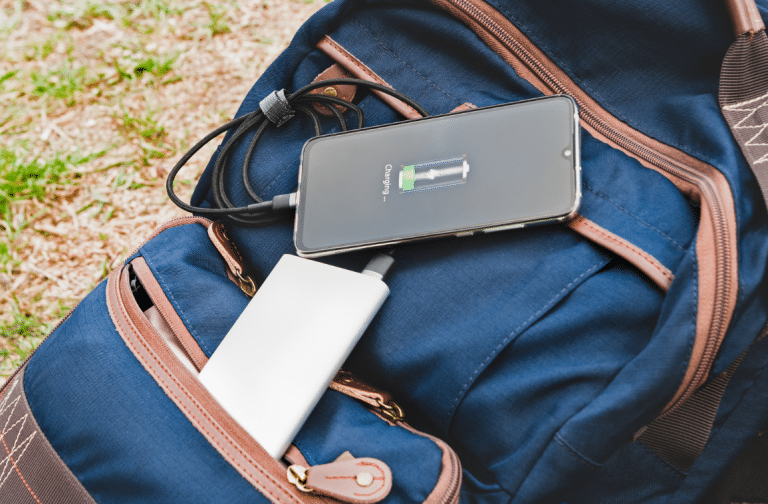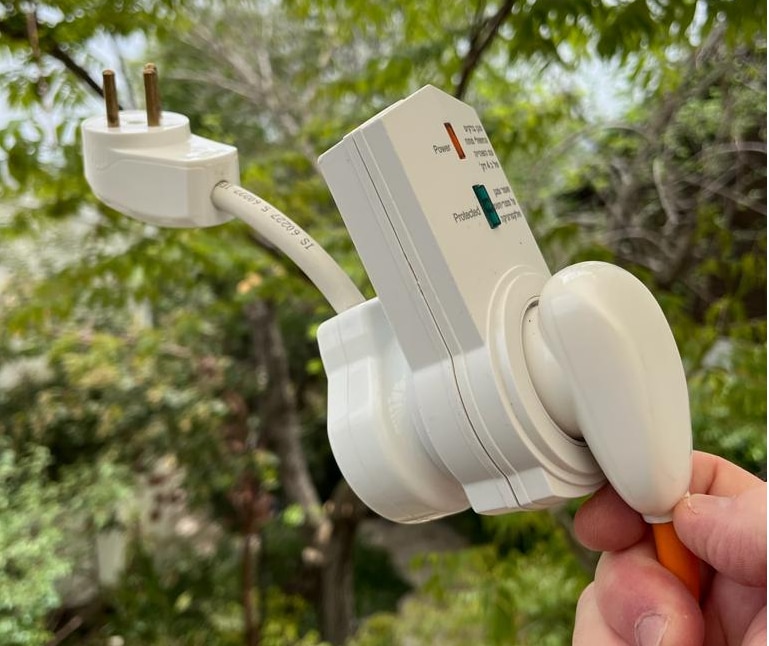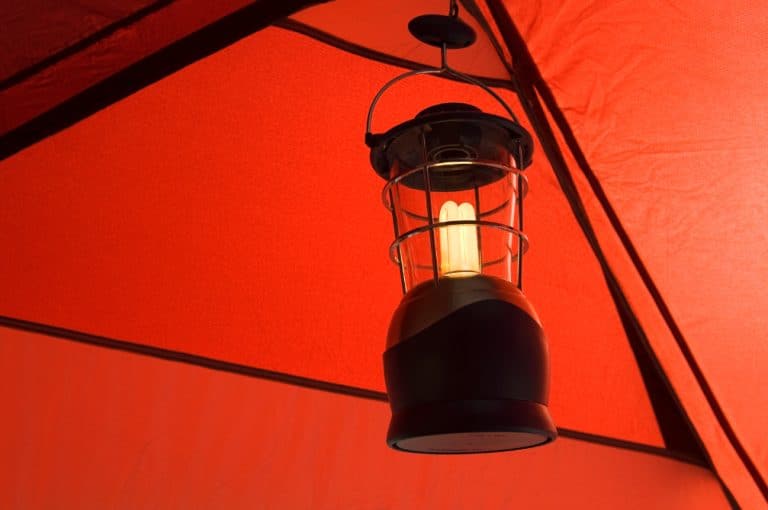Camping trips are a fantastic way to unwind and reconnect with nature. However, modern conveniences like electric devices and appliances often need power, making a camping generator a must-have item. With various types, sizes, and power outputs available, selecting the right generator for your needs can be a daunting task. In this comprehensive guide, we will explore the key features, factors to consider, and tips for choosing the perfect generator for your next camping adventure.
Types of Generators for Camping
There are three main types of generators suitable for camping: inverter generators, conventional generators, and solar generators. Each has its advantages and disadvantages, depending on your specific requirements and preferences.
Inverter Generators
Inverter generators produce clean, stable power, making them ideal for sensitive electronic devices like smartphones and laptops. They are also fuel-efficient, quiet, and lightweight, making them the most popular choice for camping enthusiasts.
Conventional Generators
Conventional generators are more affordable and can provide more power than inverter generators. However, they tend to be louder, heavier, and less fuel-efficient, which may not be suitable for all camping scenarios.
Solar Generators
Solar generators are eco-friendly and silent, as they use solar panels to charge a battery that powers your devices. However, their power output is limited and relies on sunlight, which may not always be available during your camping trip.
Generator Power Output
The power output of a generator is one of the most crucial factors to consider when selecting a camping generator. Power output is measured in watts (W) and determines the number of devices and appliances your generator can support simultaneously. To choose the right generator for your needs, it’s essential to understand the different aspects of generator power output.
- Starting Watts (or Surge Watts): Starting watts are the maximum power output a generator can produce for a short period, usually to start up an appliance with a motor, such as a refrigerator or air conditioner. Appliances with motors typically require a higher surge of power to start up and then settle to a lower wattage for continuous operation.
- Running Watts (or Rated Watts): Running watts are the continuous power output a generator can produce to keep appliances and devices operating. The generator should maintain this level of power output without overloading or causing damage to your devices.
Calculating Your Power Needs:
Before purchasing a generator, it’s essential to calculate your power needs to ensure the generator you choose can handle your devices and appliances.
- List your devices and appliances: Make a list of all the devices and appliances you plan to use simultaneously while camping. Consider items such as lights, fans, heaters, chargers, small kitchen appliances, and any other equipment you may need.
- Check wattage requirements: Check the wattage requirements of each item on your list. You can usually find this information on the device’s label or in its user manual. If the wattage is not available, you can estimate it by multiplying the device’s voltage (V) by its current (amps, A).
- Calculate starting and running watts: Add up the running watts of all the devices and appliances you plan to use simultaneously. Next, identify the appliance with the highest starting watts and add this value to the total running watts. This sum will give you an estimate of the total power output you’ll need from your generator.
Once you’ve calculated your power needs, you can choose a generator with the appropriate power output. It’s wise to choose a generator with a power output slightly higher than your calculated needs to account for any fluctuations or additional devices you may need to power.
Inverter generators are a popular choice for camping due to their clean and stable power output, making them suitable for sensitive electronics such as smartphones, tablets, and laptops. They also tend to be quieter and more fuel-efficient compared to conventional generators.
Keep in mind that if your power needs increase in the future, you may need to upgrade your generator or consider a model with parallel capability, which allows you to connect two inverter generators for increased power output.
In conclusion, understanding generator power output and calculating your power needs is crucial when selecting the right camping generator. By considering starting and running watts and selecting a generator with the appropriate power output, you can ensure a comfortable and enjoyable camping experience with all your essential devices and appliances powered.
Fuel Efficiency and Run Time
Fuel efficiency and run-time are crucial factors to consider when choosing a camping generator. A generator that offers longer run time and better fuel efficiency will save you money on fuel and allow you to enjoy your camping experience without the need for frequent refueling. Here are some aspects to consider regarding fuel efficiency and run time when selecting a camping generator:
Fuel Type
Generators typically run on gasoline, diesel, or propane. Each fuel type has its advantages and disadvantages in terms of efficiency and run time. Gasoline is widely available and balances power output and run time well. Diesel generators often have better fuel efficiency but can be more expensive initially. Propane generators are generally cleaner and more eco-friendly but may have slightly lower run times compared to gasoline and diesel.
Fuel Tank Capacity
A generator’s fuel tank capacity will significantly impact its run time. Larger fuel tanks can hold more fuel and provide longer run times, but they also add to the generator’s overall size and weight. When choosing a generator, consider the balance between fuel tank capacity and portability.
Eco Mode
Some generators come with an eco mode or economy setting that adjusts the engine speed based on the power demand, further improving fuel efficiency. This feature can help extend the generator’s run time and save you money on fuel.
Estimated Run Time
Manufacturers usually provide an estimated run time for their generators at a specific load percentage (e.g., 50% load). This information can give you an idea of how long the generator can run without refueling. Remember that run times will vary depending on the generator’s load and environmental factors.
To maximize fuel efficiency and run time, it’s essential to choose a generator that meets your power needs without significant excess capacity. Running a generator at or near its maximum capacity can lead to reduced fuel efficiency and shorter run times. By selecting a generator with the appropriate power output and fuel type, you can enjoy extended run times and minimize fuel consumption, making your camping experience more enjoyable and cost-effective.
Noise Level
When it comes to camping, maintaining a peaceful and quiet environment is often a top priority for campers. Therefore, considering the noise level of a generator is crucial when selecting the perfect unit for your camping adventures. Here’s more information on generator noise levels and tips on choosing a quiet generator:
Decibels (dB)
Noise levels are measured in decibels (dB). Lower decibel ratings indicate quieter generators, while higher ratings indicate louder ones. Keep in mind that every 10 dB increase represents a doubling of the perceived noise level. For example, a generator operating at 70 dB will sound twice as loud as one operating at 60 dB.
Inverter Generators
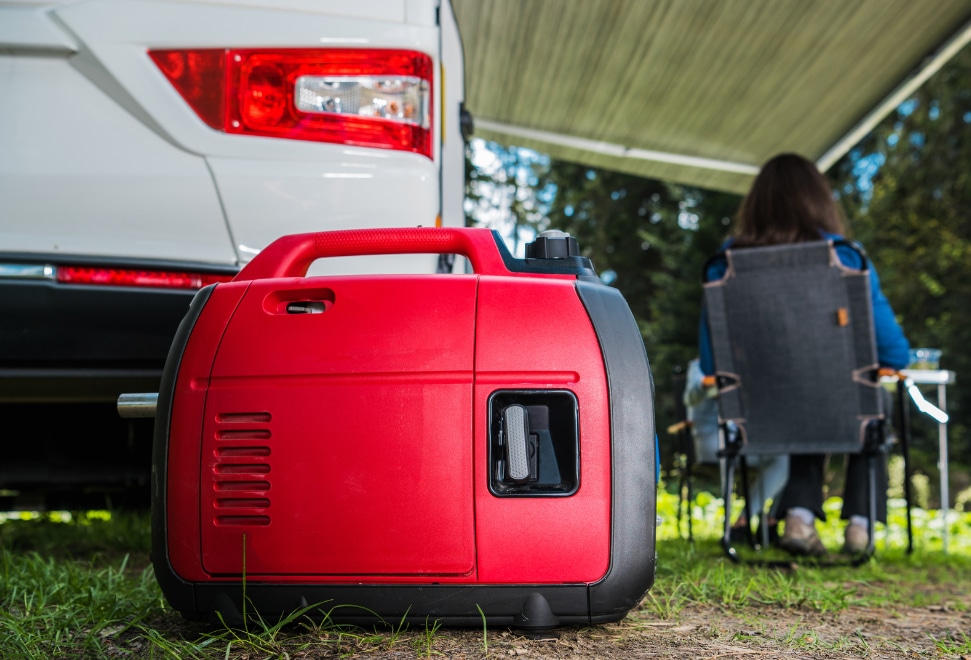
Inverter generators are generally quieter than conventional generators. They utilize advanced technology that adjusts engine speed based on power demand, resulting in lower noise levels and better fuel efficiency. Inverter generators typically operate in the 50-60 dB range, making them a great choice for camping.
Enclosures and Insulation
Some generators come with enclosures and insulation designed to reduce noise levels. These features can help dampen the sound produced by the generator’s engine and make it less intrusive in a camping environment. Look for generators with noise-reducing enclosures and materials when shopping for a quiet camping generator.
Positioning
The location and positioning of your generator can also impact the perceived noise level. Place the generator as far away from your campsite as possible, ideally downwind, to minimize noise intrusion. Using natural barriers, such as bushes or trees, can also help absorb sound and reduce noise levels.
Noise-Reducing Accessories
Various noise-reducing accessories are available on the market, such as generator mufflers and soundproofing enclosures. These products can help further reduce noise levels and make your camping experience more enjoyable.
Campground Regulations
Many campgrounds have strict noise regulations and may even require the use of specific types of generators or impose designated quiet hours. Be sure to check the rules and regulations of your chosen campground to ensure your generator’s noise level is compliant.
By considering the noise level of a generator and taking steps to minimize its impact, you can enjoy the convenience of portable power without disturbing the tranquility of your camping experience. Opting for a quiet generator, such as an inverter generator, and employing noise-reducing strategies will help ensure that your camping trip remains peaceful and enjoyable for everyone.
Portability and Weight
Generators can be cumbersome, so selecting a lightweight and portable model is crucial for easy transportation and setup. Inverter generators are typically the lightest and most compact, while conventional generators can be heavier and bulkier. Solar generators can vary in size and weight, depending on their power capacity and battery size.
Durability and Weather Resistance
Generators are an investment, so ensure that the model you choose is built to last and can withstand the elements. Look for features like sturdy construction, weather-resistant materials, and protective covers to prolong your generator’s lifespan.
Safety Features
When selecting a generator for camping, it’s essential to consider the safety features that come with the unit. A generator with built-in safety mechanisms can help protect you, your fellow campers, and your equipment. Here are some key safety features to look for when choosing a camping generator:
Automatic Voltage Regulation (AVR)
AVR helps maintain a stable voltage output and prevents voltage fluctuations that can damage sensitive electronic devices. This feature is especially important if you plan on charging smartphones, laptops, or other delicate electronics.
Overload Protection
Overload protection is designed to shut down the generator automatically if it becomes overloaded, preventing damage to the generator and connected appliances. This feature is crucial for ensuring your generator can safely handle the power demands of your camping equipment.
Low Oil Shut-off
A low oil shut-off feature automatically turns off the generator when the oil level is too low. This prevents the engine from running without proper lubrication, which can cause severe damage and shorten the generator’s lifespan.
Ground Fault Circuit Interrupter (GFCI)
GFCI outlets are designed to protect users from electrical shocks by quickly shutting off power when a ground fault is detected. This feature is essential for outdoor use, as wet conditions can increase the risk of electrical accidents.
Spark Arrestor
A spark arrestor is a device that prevents the emission of flammable debris from the generator’s exhaust. This feature is critical when camping in areas prone to wildfires, as it helps reduce the risk of starting a fire.
Carbon Monoxide (CO) Detection and Proper Ventilation
Some generators are equipped with built-in CO detectors that will shut down the unit if elevated levels of this dangerous gas are detected. This feature is crucial for ensuring your safety, as CO is odorless, colorless, and can be fatal in high concentrations.
While not a built-in feature, it’s essential to operate your generator in a well-ventilated area to prevent the build-up of harmful exhaust fumes. Never run a generator inside a tent, camper, or enclosed space, as this can lead to dangerous levels of CO.
By choosing a generator with comprehensive safety features, you can enjoy the convenience of portable power while camping without compromising your well-being. These features will help protect you and your equipment, ensuring a safe and enjoyable camping experience.
Maintenance
Proper maintenance is essential for ensuring the longevity and reliable performance of your camping generator. Regular upkeep not only extends the life of your generator but also keeps it running efficiently and safely. Here are some key maintenance tips to follow for your camping generator:
Regularly check the oil level
Checking and maintaining the appropriate oil level is crucial for the proper functioning and longevity of your generator. Make it a habit to check the oil level before each use and top it off as necessary. Change the oil according to the manufacturer’s recommendations, usually after every 50-100 hours of operation.
Inspect and replace the air filter
A clogged or dirty air filter can reduce the generator’s efficiency and cause it to work harder, potentially leading to premature wear. Regularly inspect the air filter, clean it as needed, and replace it according to the manufacturer’s guidelines.
Clean and maintain the spark plug
The spark plug is responsible for igniting the fuel-air mixture in the engine. Over time, it can become dirty or corroded, affecting the generator’s performance. Inspect the spark plug regularly, clean it if necessary, and replace it if it shows signs of wear or damage.
Inspect and clean the fuel system
Old or contaminated fuel can cause performance issues and even damage your generator’s engine. Regularly inspect the fuel tank, lines, and carburetor for any signs of dirt or corrosion. Drain and clean the fuel system if necessary, and always use fresh, stabilized fuel.
Keep the generator clean and dry
Dirt, moisture, and debris can cause corrosion and damage to your generator’s components. Clean the exterior of the generator regularly and store it in a dry, well-ventilated area when not in use.
Test run your generator
Regularly running your generator, even when you’re not camping, can help ensure that it remains in good working order. Start and run your generator every 1-2 months to prevent fuel system issues, lubricate the engine, and identify any potential problems.
Follow the manufacturer’s guidelines
Always refer to your generator’s user manual for specific maintenance instructions and recommendations. Adhering to these guidelines can help ensure your generator remains reliable and efficient throughout its lifespan.
By following these maintenance tips, you can keep your camping generator in top condition and enjoy its benefits for years to come. Proper maintenance not only ensures the generator’s reliability but also helps prevent potential safety hazards, guaranteeing a safer and more enjoyable camping experience.
Ease of Use
When selecting a camping generator, ease of use should be a top consideration, as it can significantly impact your overall camping experience. A generator that is user-friendly allows you to focus on enjoying your time outdoors rather than struggling with complex operations and setup. Here are some factors to consider when evaluating the ease of use of a camping generator:
Start-up method
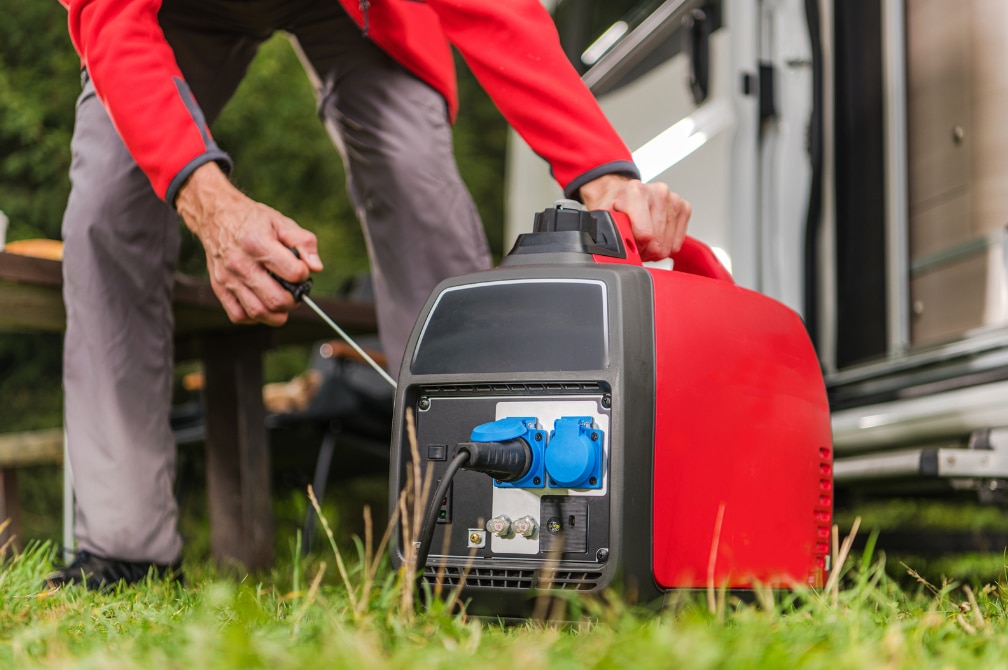
Generators are commonly started with a recoil (pull) start, electric start, or remote start. Recoil starts are the most basic and require manual effort, while electric starts use a battery and a push-button for quick, effortless starting. Remote starts offer the most convenience, allowing you to start the generator from a distance, often with a key fob or smartphone app. Consider your preferences and the level of convenience you desire when selecting a start-up method.
Control panel
A user-friendly control panel makes it easy to operate and monitor your generator. Look for a control panel that is clearly labeled and includes essential features such as power outlets, circuit breakers, fuel gauges, and indicator lights for low oil or other potential issues.
Portability
A camping generator should be easy to transport and maneuver. Look for models that have built-in handles, wheels, or other features that make it simple to move and position the generator as needed. Lightweight and compact models are also more convenient for transporting to and from your campsite.
Fueling and refueling
Easy access to the fuel tank and a simple refueling process can make using your generator much more enjoyable. Look for a generator with a fuel tank that is easy to fill without spilling, and consider models with a fuel gauge that allows you to monitor fuel levels without having to open the tank.
Maintenance access
Easy access to essential maintenance components, such as the oil fill, air filter, and spark plug, can make maintaining your generator less of a hassle. Choose a generator with a design that allows for straightforward access to these components, making maintenance tasks quicker and more manageable.
User manual and support
A well-written user manual and responsive customer support can be invaluable in helping you get the most out of your generator. Look for a manufacturer that provides clear instructions and offers support via phone, email, or live chat to assist with any questions or concerns.
By considering these factors when choosing a camping generator, you can find a model that is easy to use and enhances your camping experience. Remember that a user-friendly generator allows you to spend more time enjoying the great outdoors and less time dealing with complicated equipment.
Price and Warranty Lastly
Consider your budget and the manufacturer’s warranty when selecting a camping generator. While inverter generators can be more expensive initially, their fuel efficiency and lower maintenance costs may save you money in the long run. Ensure that the generator you choose comes with a reliable warranty and good customer support to protect your investment.
Additional Features and Accessories
Some generators come with extra features and accessories that can enhance your camping experience. For instance, multiple power outlets, USB ports, and 12V DC sockets can provide added convenience when charging or powering various devices. Additionally, remote start, built-in fuel gauges, and parallel capability (connecting two inverter generators for increased power) are also valuable features to consider.
Final Thoughts
Selecting the perfect generator for camping involves considering your power needs, preferences, and budget. By evaluating factors such as type, size, power output, fuel efficiency, noise level, portability, durability, safety features, maintenance, price, and additional features, you can find the ideal generator to enhance your camping experience. With the right generator, you can enjoy the comforts of modern living while surrounded by nature, ensuring that your camping adventure is both enjoyable and memorable.
Choosing the Perfect Generator for Camping FAQs
Important factors to consider include power output, fuel type, fuel efficiency, noise level, safety features, ease of use, and portability.
Make a list of the electronic devices and appliances you plan to use during your camping trip. Calculate their combined wattage to determine the power output you need in a generator.
Camping generators typically use gasoline, propane, or diesel as their fuel source. Each has its advantages and disadvantages regarding efficiency, availability, and environmental impact.
Fuel efficiency directly impacts how long your generator can run, which affects your overall camping experience. A fuel-efficient generator will save you money on fuel and reduce the frequency of refueling.
Choose a generator with a low noise level, usually measured in decibels (dB). Inverter generators are often quieter than conventional ones. Additionally, you can use a soundproof enclosure or position the generator away from your campsite to minimize noise.
Essential safety features include overload protection, automatic low-oil shutdown, and grounding options. These features help prevent damage to your generator and connected devices, as well as ensure your safety during operation.
Solar-powered generators and portable power stations are eco-friendly alternatives to traditional fuel-based generators. They can be more expensive upfront but have lower operating costs and produce no emissions or noise. However, they may not be suitable for all power needs.
